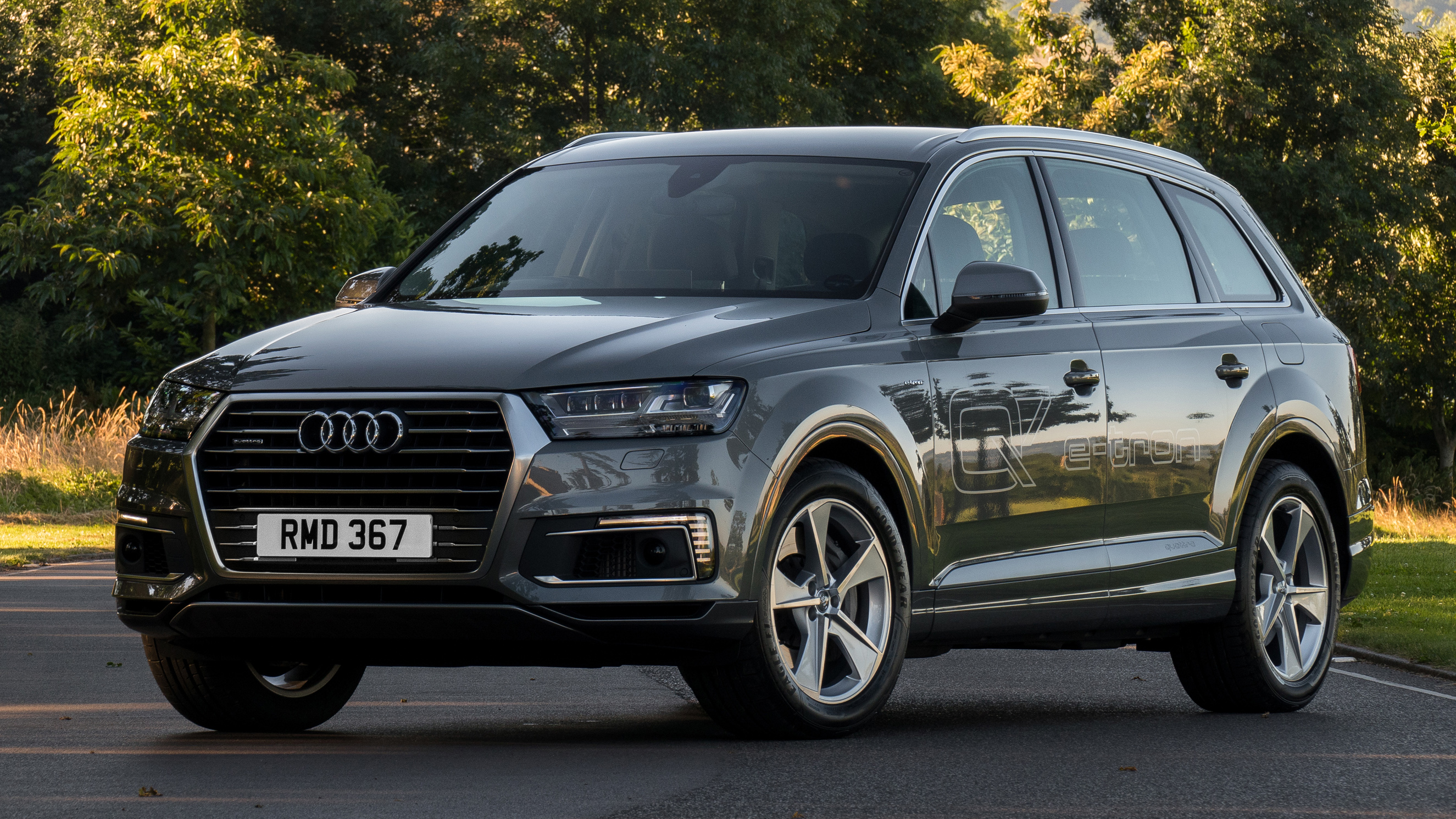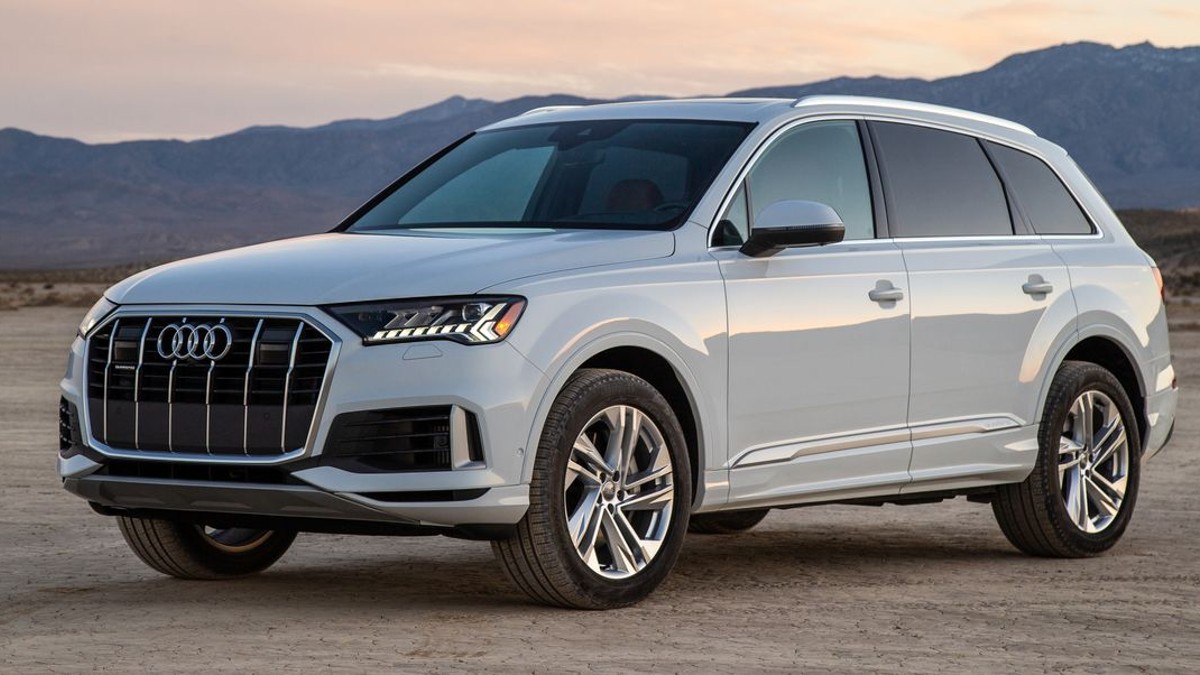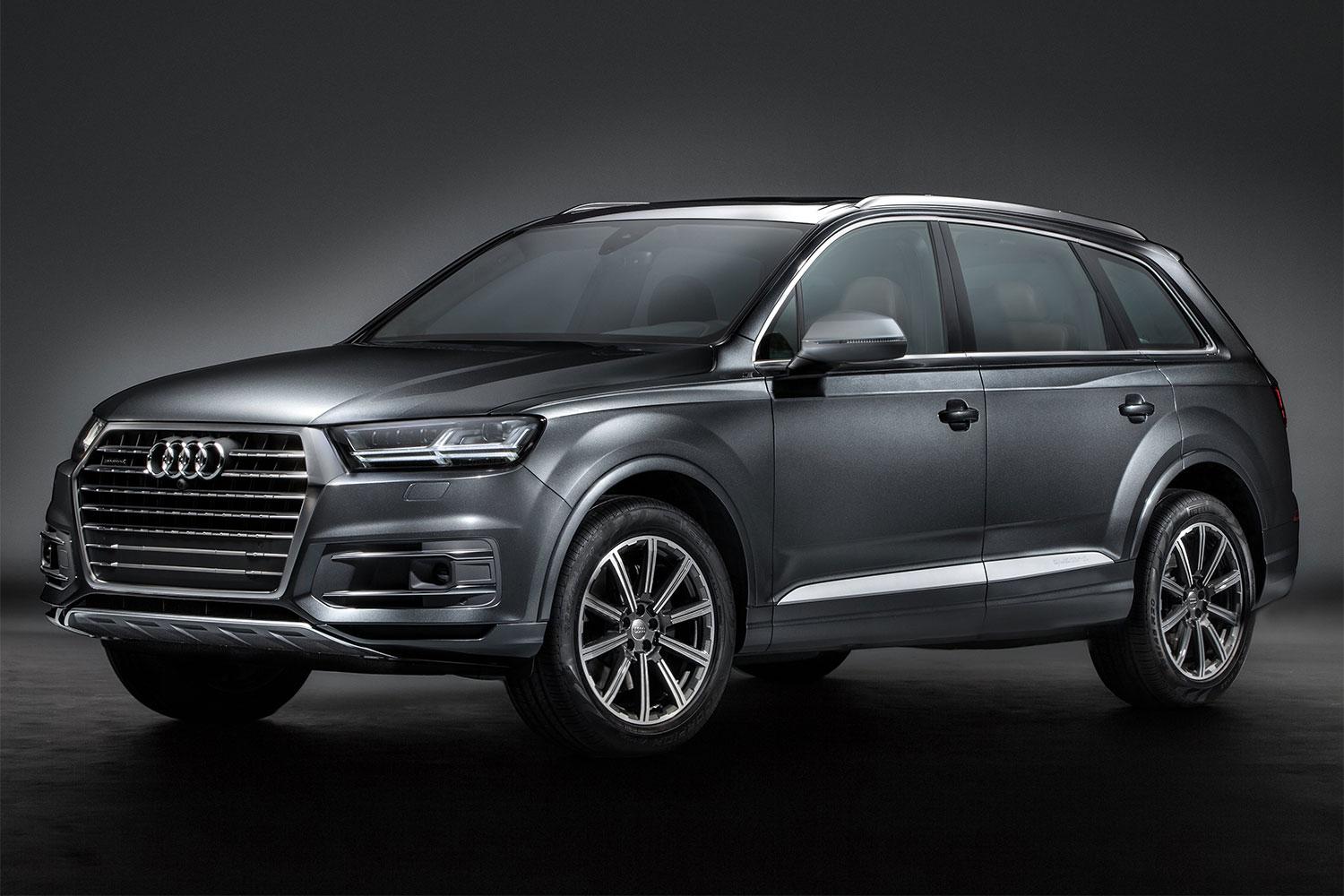The Audi Q7: A Luxurious SUV With Hybrid Options

The Audi Q7: A Luxurious SUV with Hybrid Options
The Audi Q7, a flagship SUV renowned for its opulent interior, advanced technology, and powerful performance, has steadily evolved since its debut in 2006. As the automotive industry shifts towards sustainability, Audi has responded by introducing hybrid powertrains to the Q7 lineup. This article delves into the intricacies of Audi Q7 hybrid models, exploring their features, performance, efficiency, and the overall impact on the driving experience.
The Rise of Hybrid Technology in the Audi Q7
The Audi Q7’s first foray into hybrid technology came in 2016 with the introduction of the Q7 e-tron. This model, while no longer in production, paved the way for subsequent hybrid iterations. The e-tron featured a 3.0-liter supercharged V6 engine paired with an electric motor, delivering a combined output of 373 horsepower and 443 lb-ft of torque. This powerful setup allowed for a 0-60 mph sprint in 5.5 seconds, while the electric motor provided a boost in fuel efficiency.
However, the e-tron’s reliance on a plug-in hybrid system presented challenges. Its battery range was limited, and the need for frequent charging somewhat hindered its practicality. Audi recognized these limitations and responded with a more refined approach in later models.
The 2023 Audi Q7: A Focus on Mild Hybrid Technology
The current generation Audi Q7, launched in 2016 and refreshed in 2023, boasts a more sophisticated hybrid system. The 2023 model offers two engine options, both equipped with a 48-volt mild hybrid system:
- The 3.0-liter turbocharged V6 engine: This powertrain delivers 335 horsepower and 369 lb-ft of torque, providing a smooth and responsive driving experience. The mild hybrid system seamlessly assists the engine, offering a boost in acceleration and enhanced fuel efficiency.
- The 2.0-liter turbocharged four-cylinder engine: This option, while less powerful than the V6, still offers a respectable 261 horsepower and 273 lb-ft of torque. The mild hybrid system plays a crucial role in this engine, providing noticeable improvements in both acceleration and fuel economy.
Exploring the Benefits of Mild Hybrid Technology
The mild hybrid system in the 2023 Audi Q7 utilizes a 48-volt electric motor-generator unit (MGU) integrated into the transmission. This MGU serves several key functions:
- Boosting Acceleration: The MGU provides an instant torque boost during acceleration, enhancing the overall driving experience. This is particularly noticeable during overtaking maneuvers, where the extra power provides a seamless and confident surge.
- Regenerative Braking: When the driver brakes, the MGU captures kinetic energy and converts it into electricity, storing it in a small lithium-ion battery. This energy is then used to power the electric motor, assisting the engine and reducing fuel consumption.
- Auto Start/Stop: The MGU seamlessly manages the engine’s start/stop function, ensuring a smooth and almost imperceptible transition between engine on and off states. This significantly reduces fuel consumption in stop-and-go traffic.
A Deeper Dive into the 48-Volt System
The 48-volt mild hybrid system in the Audi Q7 is a clever engineering solution that offers a significant advantage over traditional hybrid systems. It provides substantial fuel economy improvements without compromising performance.
Key Advantages of the 48-Volt System:
- Cost-Effective: The 48-volt system is significantly less expensive to implement than a full hybrid system, making it a more accessible option for consumers.
- Less Complex: The 48-volt system is less complex than a full hybrid system, requiring fewer components and less intricate wiring. This contributes to its reliability and reduces the risk of potential issues.
- Enhanced Performance: The MGU provides a noticeable boost in acceleration, making the Q7 feel more responsive and agile.
- Improved Fuel Efficiency: The regenerative braking system and engine start/stop function contribute to a significant reduction in fuel consumption, leading to lower running costs.
The Impact on the Driving Experience
The mild hybrid system in the Audi Q7 seamlessly integrates into the overall driving experience. Drivers will notice a smoother and more responsive throttle response, particularly during acceleration and overtaking maneuvers. The regenerative braking system provides a sense of efficiency, while the auto start/stop function is virtually imperceptible.
Fuel Economy and Emissions
The mild hybrid system in the Audi Q7 delivers impressive fuel economy improvements. The 3.0-liter V6 engine achieves an EPA-estimated 20 mpg city, 27 mpg highway, and 23 mpg combined. The 2.0-liter four-cylinder engine achieves an EPA-estimated 22 mpg city, 29 mpg highway, and 25 mpg combined. These figures represent a significant improvement over previous non-hybrid models.
Conclusion: A Winning Combination of Luxury and Efficiency
The Audi Q7, with its hybrid powertrain options, offers a compelling blend of luxury, performance, and efficiency. The mild hybrid system enhances the driving experience, providing a smoother, more responsive, and fuel-efficient journey. While the Q7 may not be a full-fledged electric vehicle, the hybrid technology effectively addresses the growing demand for sustainable mobility without compromising the brand’s renowned performance and luxury. The Q7, with its advanced hybrid capabilities, stands as a testament to Audi’s commitment to innovation and sustainability, offering a compelling option for discerning drivers seeking a luxurious and eco-conscious SUV.







